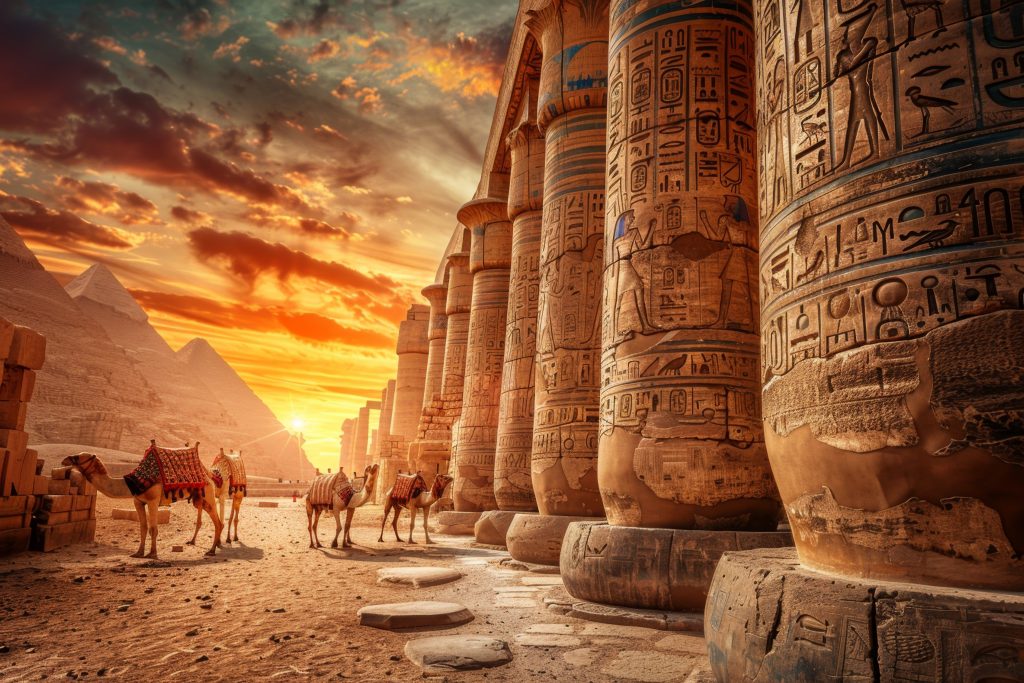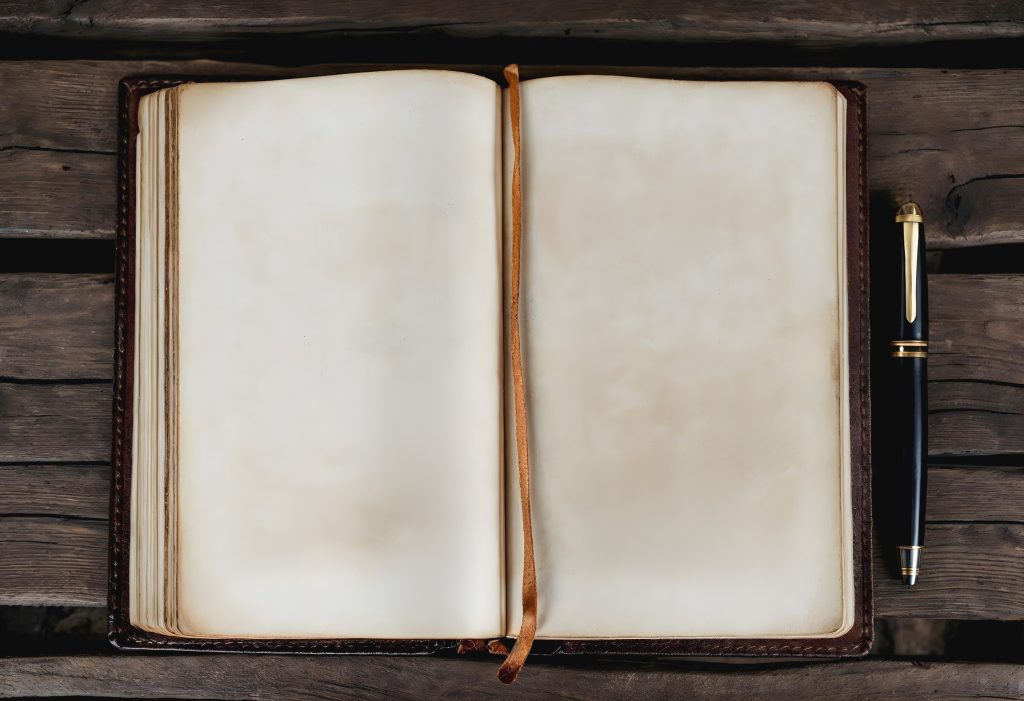
-
7 years ago
“something like a Nega…”?
When a person sees Tzoraas on the wall of his house the pasuk says (Vayikra 14:35) he goes to the Kohen and says, “K’Nega Nirah Li Babayis”, something like ..
Written by Anonymous
-

-
7 years ago
Family Wealth
“The Reuvenites and the Gadites had a very large number of cattle … and they said: We will build sheepfolds here (outside the land of Israel) for our cattle ..
Written by Howard Jackson
-
7 years ago
In the Eyes of G-d and Man
The children of G-d and the children of Reuben came and spoke to Elazar the Kohen, and to the leaders of the assembly, saying, “Ataroth, Dibon, Jazer, Nimrah, ..
Written by Rabbi Zev Leff
-
7 years ago
Hashem’s Perpetual Mercy
I saw a short, but profound vort: “Moshe sent them . . . and Pinchas . . . and the sacred vessels.” (31:6) The gemara explains that the “sacred ..
Written by Benjie Fine
-
7 years ago
Dont eat too much humble pie!
“Why do you dissuade the heart of Bnei Yisrael from crossing to the Land …? This is what your fathers did, when I sent them from Kadesh-Barnea to see the Land ..
Written by Benjie fine
-
7 years ago
make your family your number one priority and keep your word
At the beginning of Perek 32, the Pasuk tells us that the Reuven and Gad desired to settle not in Eretz Yisrael, but on the side of the River Jordan that they stood ..
Written by Benjamin A Rose
-
7 years ago
Let Hashem Dwell among us all
“Ki Ani Hashem shochen b’soch Bnei Yisrael – For I am Hashem, Who dwells amidst the children of Israel” (Bamidbar 35:34). The Imrei Aish ..
Written by Benjamin A Rose
-
7 years ago
Divine Math
In the portion of Matot we read about the war against Midyan. The spoils had to be divided equally between the army and the people who had stayed behind. The tax however ..
Written by Asher Ben Shimon
-
7 years ago
Recognising that HaShem is already in
Mattos-Massei; A Direct Connection : As far as I am aware, there is no bigger leining than this double sedra; a total of 244 psukim (that’s 68 more than Naso, ..
Written by d fine
-
7 years ago
going to war or coming from war?
After we already have beaten Midyan in war, we are given laws about kashering utensils. This paragraph receives an interesting intorduction; it starts with the words ..
Written by d fine








